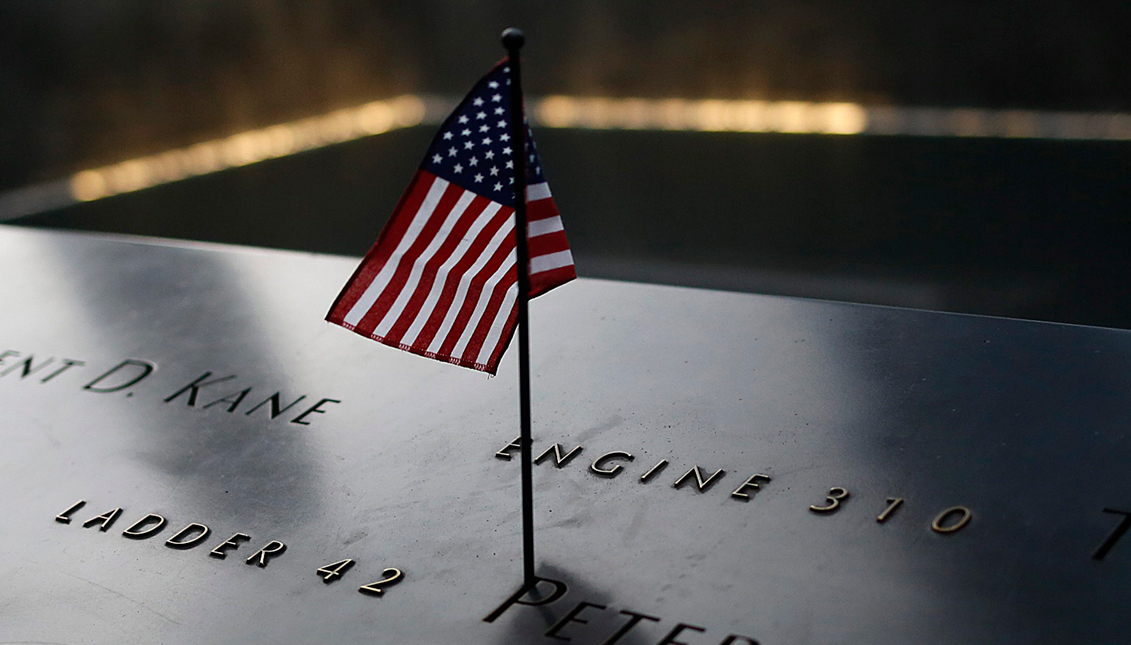
OP-ED: Remembering the Immigrants Killed on 9/11
No one knew their names.
The more than 100 undocumented immigrants --deliverymen, waiters, cleaners, cooks - killed by terrorists at the World Trade Center 15 years ago would have been condemned to eternal anonymity had it not been for Asociación Tepeyac, an immigrant community group in Manhattan. Without their tireless effort probably no one, aside from their families and friends, would've ever known or cared about their death.
No one knew their names.
The more than 100 undocumented immigrants --deliverymen, waiters, cleaners, cooks - killed by terrorists at the World Trade Center 15 years ago would have been condemned to eternal anonymity had it not been for Asociación Tepeyac, an immigrant community group in Manhattan. Without their tireless effort probably no one, aside from their families and friends, would've ever known or cared about their death.
That’s why while we remember the families who lost loved ones on 9/11, we must make a special mention of the families of the immigrants - documented or not - who perished along with nearly 3,000 other New Yorkers that fateful morning.
Rescuing those undocumented New Yorkers from oblivion was not an easy task.
“Dozens of volunteers answered phones and accompanied the relatives on grim pilgrimages to city hospitals and morgues,” remembers Joel Magallán, a former Jesuit brother from Mexico who is Tepeyac’s executive director. “It was an intense job, there was no time even to cry, but I’m grateful for the solidarity shown by so many people those days.”
Today Magallán and Tepeyac (www.tepeyac.org) continue their work to protect the rights of immigrants and provide them with tools to survive –and to thrive—in the United States through a variety of educational programs.
It’s hard to believe that 15 years had gone by since the attack on the World Trade Center, but as it happens every anniversary of the tragedy, a dark mantle of anguish seems to cover New York City again.
For thousands of people, the horror is still as real as it was on Sept. 11, 2001.
"Though I did not see the falling bodies, as a CNN producer friend did, nor get injured, as photographer friends did, nor have my home stink of death for months, as my brother's did, the hurt of my city remains in me," wrote some time ago Dominican-American writer Carolina González, expressing through her personal experience feelings that still today tug at the hearts of New Yorkers of every race, national origin and social class.
Even though the terrorists attacked the country’s financial heart, the horror of that terrible day did not discriminate between rich and poor, Christian, Muslim and Jew, legal and illegal, it struck at every New Yorker with its blind brutality.
It is not common knowledge but, according to Health Department figures, close to 10% of those missing in the Twin Towers rubble were Latinos: Puerto Ricans, Dominicans, Mexicans, Peruvians, Argentineans, and Ecuadorans.
As I wrote at the time, saving from anonymity the humanity of those immigrant workers who, by a twist of fate, died improbably next to bankers, financiers and professionals whose names were known by everyone was the huge task of historical justice carried out by Magallán and the group he leads.
And for that, they deserve our gratitude.









LEAVE A COMMENT:
Join the discussion! Leave a comment.